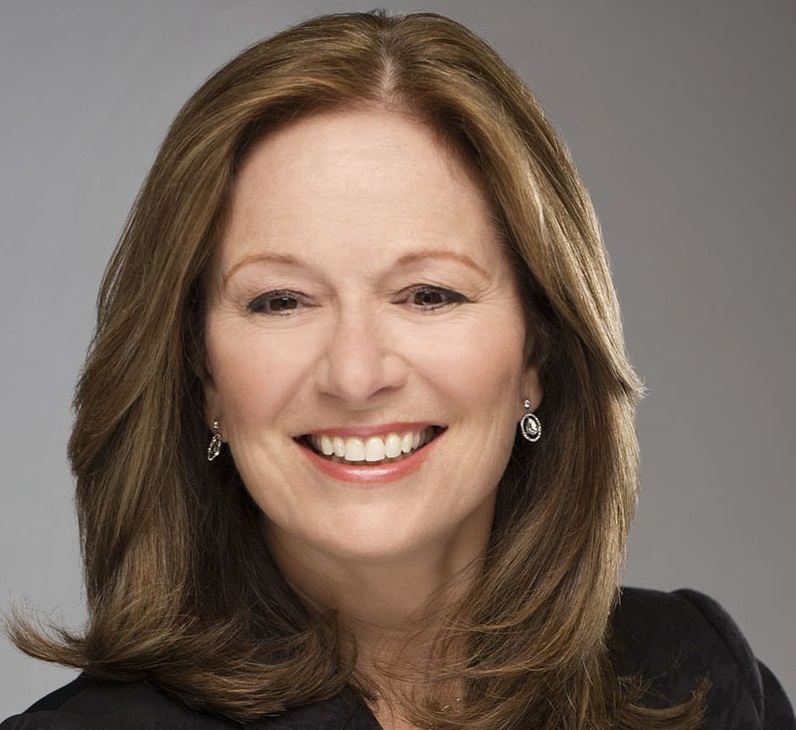Lorie Phair, Canadian Broker Network

Lorie Phair, President, Canadian Broker Network
Canada’s property and casualty insurance industry still has a gap in terms of opportunities for women in middle management, but the overall prospects for career opportunities and development are looking positive, says Lorie Phair, president of Canadian Broker Network.
Phair notes there are a number of senior women leaders in the industry, as well as women with under 10 years of experience. “I think we still have a gap in the middle,” she says. “So, it’s increasingly important we retain talent and then develop them into that next level of management. We have to get a lot more organized and clear, and be able to articulate what that development path could potentially look like.”
One way is to provide a connection between senior women in the industry and those that are fairly new to help the latter with their path. Phair uses the example of the Insurance Supper Club (ISC), which started in the United Kingdom but is gaining a “strong foothold” in Canada. Phair, who is on the board of ISC, says the club holds monthly events, such as individual and group mentoring, bringing in a speaker, and will be returning to networking events as pandemic restrictions ease.
“It’s basically women helping women succeed in the insurance industry,” Phair says, noting existing programs and support for those looking to aspire to more senior roles and responsibilities (including those of the executive group).
Clubs like ISC help to build confidence and can be more effective than a one-off course from an employer, for example. “When it’s organized for women…and you’ve got the support around it, it can be very powerful,” Phair says.
The changing workforce due to the pandemic is also helping workers, particularly women, who tend to have more responsibilities at home. “Testing of this hybrid work model has shown that it can work and [is] successful. Productivity is perhaps in some cases better,” Phair says. “So that’s positive for women as well, with women having some support [and] a little less pressure to always get that commute in and get down to the office.”
How is the industry progressing in terms of senior management opportunities for women?
“I think there’s a bit of a positive light,” Phair says. “If anything, there’s more recognition about the potential of women.”
Two years of the pandemic hit women particularly hard, since they tended to carry more of the burden of childcare, home care and parental care, Phair says. But moving out of the pandemic, “there’s been a real light being shone on talent, and the importance of finding and retaining and developing talent. And so, I think there are some good opportunities for women.”
Answering the question of, ‘Why come work for us?’ is more important than ever, Phair says.
“For years, it was always the customer value proposition — to be very clear about what you’re bringing to the table for clients, why they should work with you as an advisor,” Phair says. “Now, we’re pivoting to the employee market. Perhaps it’s always been there, but I think it’s gotten a lot more attention of late at all levels of organizations, not just the corporate firm, but small- and mid-sized businesses as well.
“They have to create opportunities to grow talent, to develop talent, to attract talent,” she says. “Bringing it back to women, I think there will be some increasing opportunities from that perspective.”



